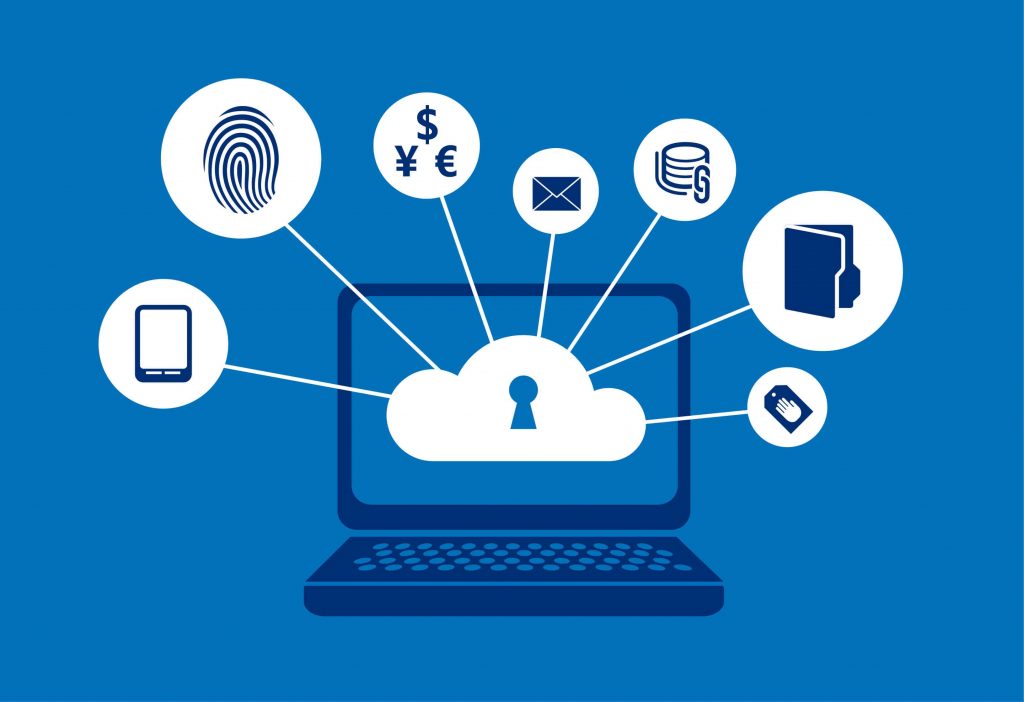Gemini AI and Data Privacy: Balancing Innovation With User Security

In the era of advanced artificial intelligence (AI), Gemini AI is emerging as a potent tool offering numerous advantages in various industries. However, the use of AI also raises concerns regarding data privacy and user security. Balancing innovation and user security has become paramount for responsible AI development.

Gemini AI, akin to other AI systems, heavily relies on data for training its algorithms. This data often includes personal information such as browsing history, search queries, and social media interactions. While this data enables Gemini AI to provide personalized experiences and enhance its functionality, it also creates potential risks for users.

Data Privacy Concerns
- Unconsented Data Collection: Gemini AI may collect data without users’ explicit consent.
- Data Breaches: Data stored by Gemini AI could be vulnerable to hacking or other security breaches, compromising user privacy.
- Targeted Advertising: Gemini AI’s ability to gather extensive data on user behavior raises concerns about targeted advertising, potentially leading to privacy violations.
User Security Risks
- Identity Theft: Personal data collected by Gemini AI could be exploited for identity theft or other fraudulent activities.
- Phishing Attacks: Gemini AI could be used as a conduit for phishing attacks, tricking users into revealing sensitive information.
- Malware Distribution: Gemini AI’s platform or its data could be compromised with malware, exposing users’ devices to security threats.
Striking a Balance
Despite these concerns, Gemini AI offers significant benefits in fields such as healthcare, finance, and entertainment. Striking a balance between innovation and user security is crucial. Here are some measures to address data privacy and user security:
- Transparency: Gemini AI should be transparent about its data collection practices and provide users with clear and concise privacy policies.
- Consent Management: Users should have the option to opt-in or out of data collection and have control over how their data is used.
- Data Security: Gemini AI must implement robust security measures to protect user data from unauthorized access, breaches, and data leaks.
- User Awareness: Users should be educated about the potential risks and benefits of using Gemini AI and how to protect their data.
By addressing these concerns and prioritizing user security, Gemini AI can continue to drive innovation while ensuring the privacy of those who use it. Continuous dialogue, transparency, and collaboration among AI developers, policymakers, and users are essential for achieving this delicate balance.## Gemini Ai And Data Privacy: Balancing Innovation With User Security
Executive Summary
As language models like Gemini rise in prominence, there needs to be more discussion about the potential privacy concerns that come with their use. This article will explore the relationship between Gemini and data privacy. At scale, we will explain the technology, address common FAQs, discuss the privacy risks it may pose, and ways to mitigate them. By giving users the knowledge to make informed decisions about their data privacy, we can maintain trust in AI technologies and ensure their continued growth.
Introduction
Gemini, a multi-modal AI model developed by Google, has sparked great interest due to its advanced natural language processing capabilities. However, as with any technology, there are privacy concerns that arise when using Gemini. We must be aware of the potential risks and take steps to protect our privacy while enjoying all its benefits.
FAQs
1. What Data Does Gemini Collect?
- Gemini collects data from various sources, including user interactions with the model, such as queries, responses, and feedback.
- It also collects data from public sources like websites and books to enhance its knowledge base and improve language understanding.
2. How Is Gemini Data Used?
- Gemini data is primarily used to train and improve the model’s performance in language-related tasks like answering questions, generating text, and translating languages.
- It can also be used for research purposes, such as studying language patterns and developing new AI algorithms.
3. Is Gemini Data Secure?
- Google implements various security measures to protect Gemini data, including encryption, access controls, and regular security audits.
- However, it’s important to note that no system is completely immune to security breaches.
Key Considerations
Data Privacy Risks
1. Data Collection Without Informed Consent:
- Gemini collects data from user interactions without explicitly seeking informed consent in all cases.
- This raises concerns about users’ privacy, as they may not be aware of the extent of data collection or how it will be used.
2. Potential for Data Breaches:
- As with any online platform, Gemini is susceptible to data breaches, which could expose sensitive user information, such as queries and responses.
- This can have serious consequences for users’ privacy and security.
3. Bias and Discrimination:
- Gemini, like other AI models, learns from the data it is trained on. If the training data contains biases or discriminatory patterns, the model can perpetuate these biases in its responses.
- This could lead to unfair or harmful outcomes for certain groups of users.
Mitigating Privacy Risks
1. Transparency and Informed Consent:
- Gemini should provide clear and accessible information about the data it collects and how it is used.
- Users should have the option to opt out of data collection or to limit the use of their data for specific purposes.
2. Data Security and Privacy Protections:
- Google should implement robust security measures to protect Gemini data from unauthorized access and breaches.
- Encryption, access controls, and regular security audits are essential to ensure data privacy.
3. Ethical Guidelines and Oversight:
- Ethical guidelines should be developed and enforced to guide the use of Gemini and ensure that it is used in a responsible and ethical manner.
- Independent oversight mechanisms can provide accountability and ensure compliance with privacy regulations.
Conclusion
Gemini offers great potential for innovation and advancement in language-based technologies. However, it is crucial to address the potential privacy concerns associated with its use. By implementing transparent data practices, robust security measures, and ethical guidelines, we can balance innovation with user safety and maintain trust in Gemini and other AI technologies.
Keyword Tags
- Gemini AI
- Data Privacy
- AI Ethics
- Language Models
- User Security

